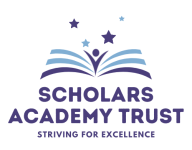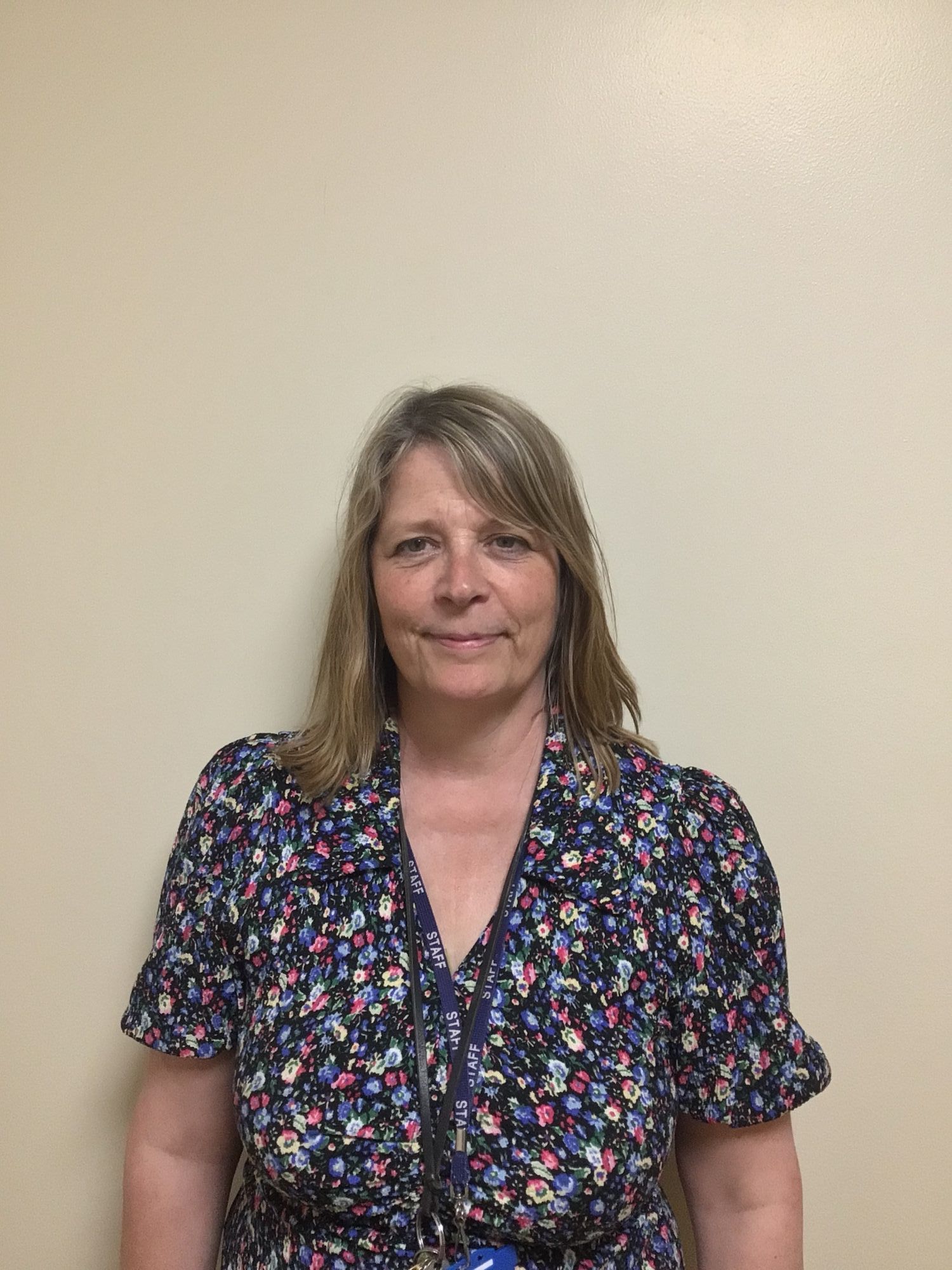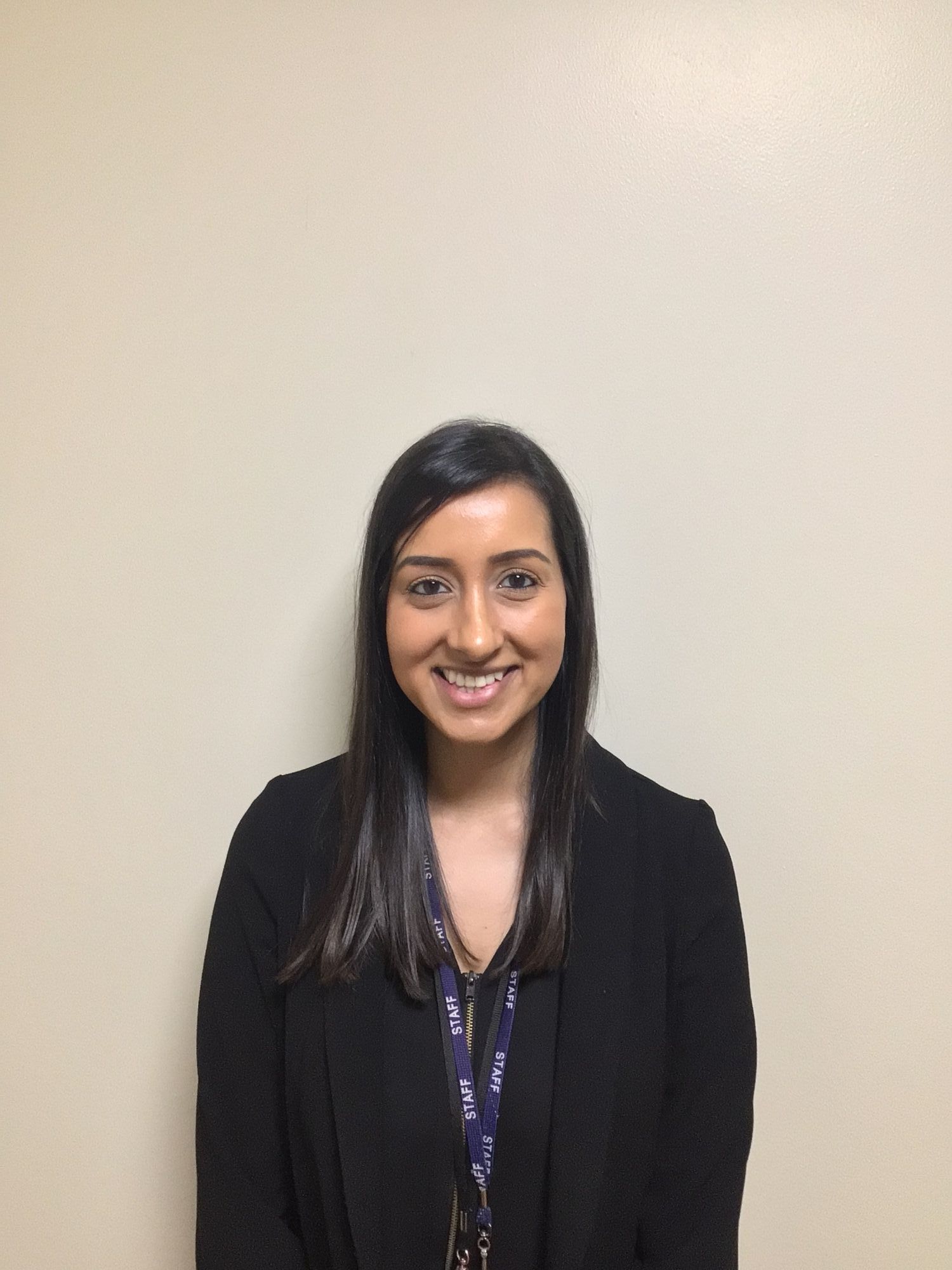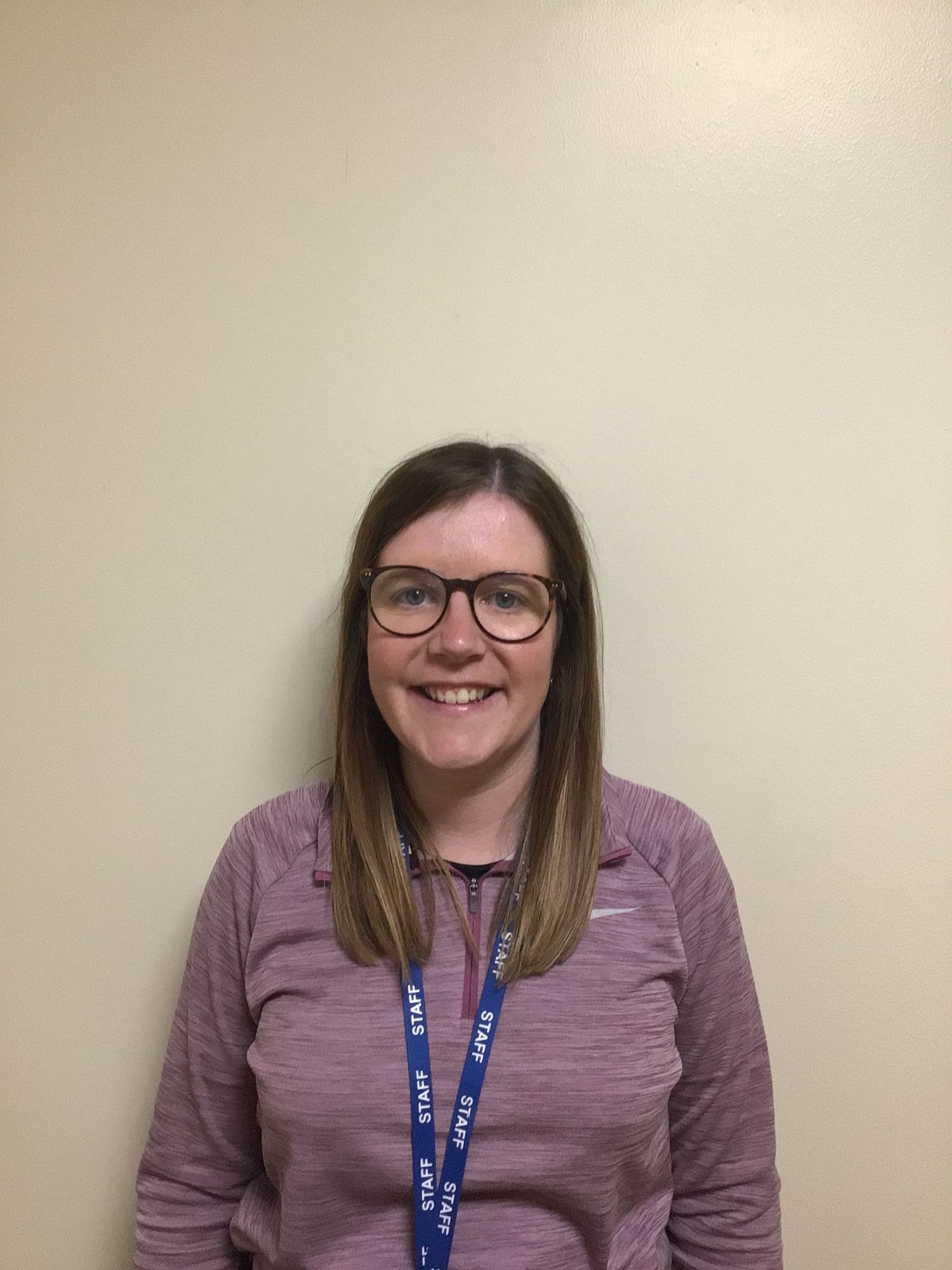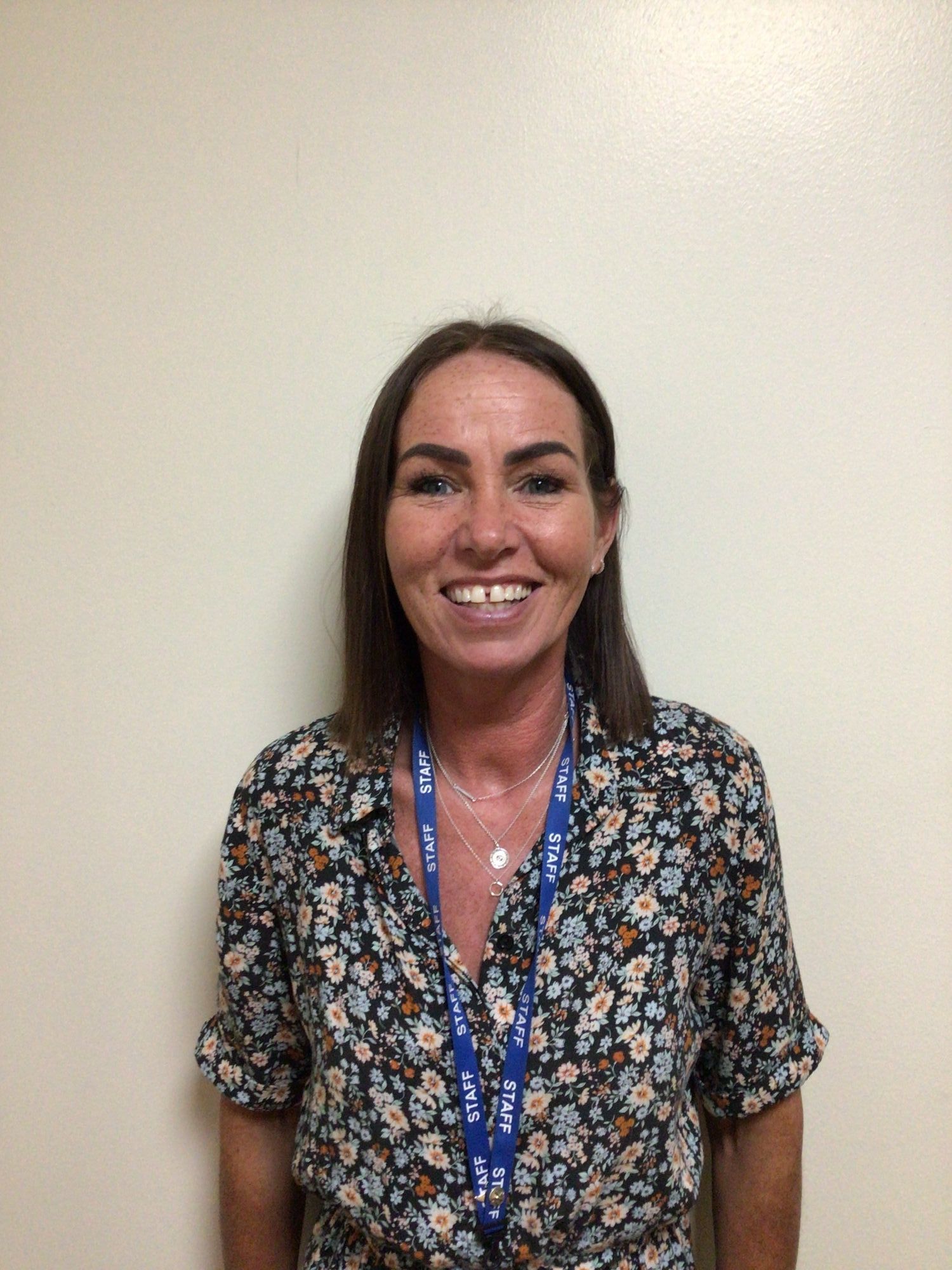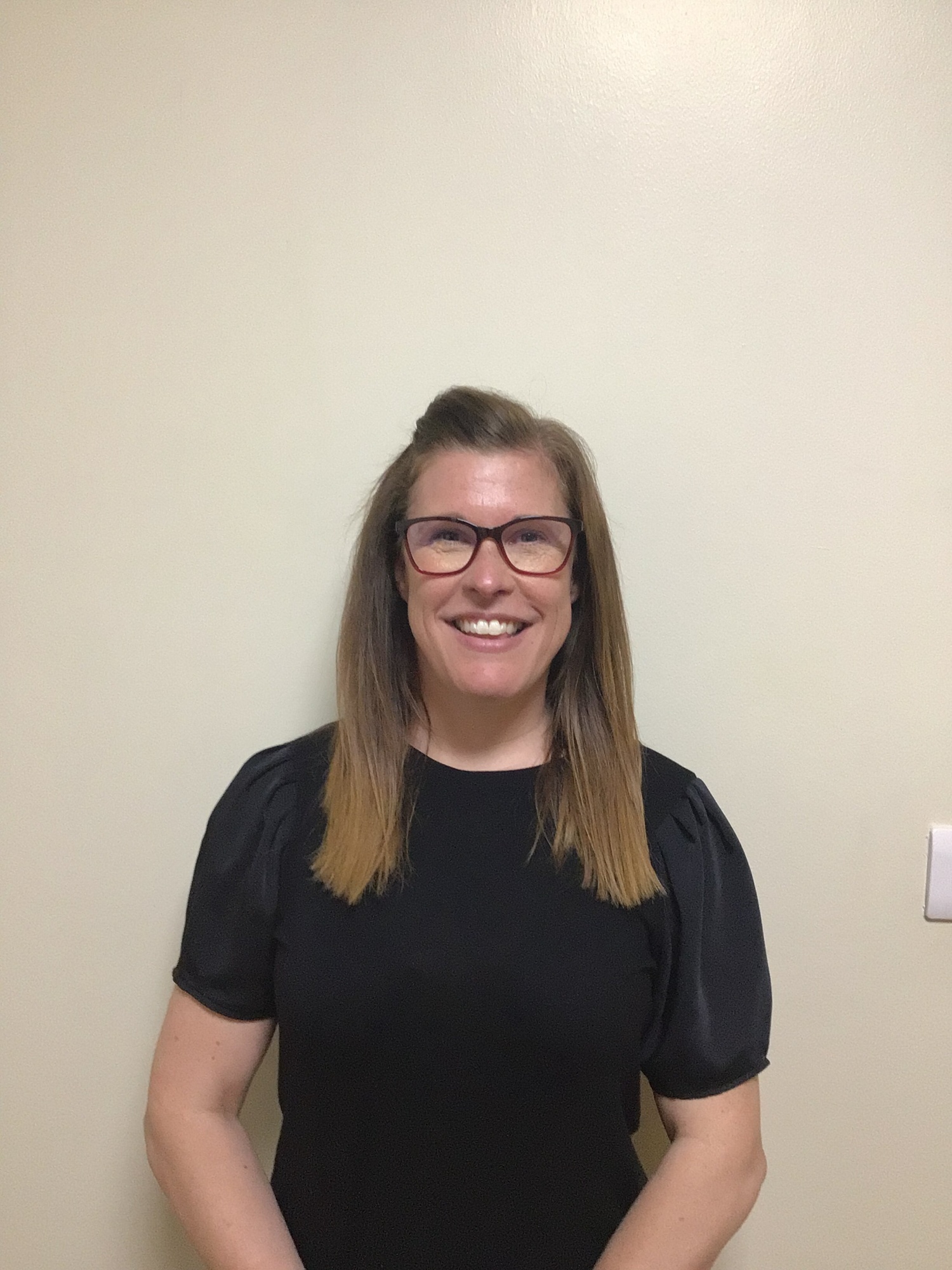Safeguarding
Glenfield Primary School fully recognises the contribution it can make to protect children and support pupils in school. The aim of the policy is to safeguard and promote our pupils' welfare, safety and health by fostering an honest, open, caring and supportive environment. We encourage children to talk about their worries and to report their concerns to us. The pupils' welfare is of paramount importance.
All adults working with or on behalf of children have a responsibility to safeguard and promote their welfare. This includes a responsibility to be alert to possible abuse and to record and report concerns to staff identified with child protection responsibilities within the school.
The names of the Designated Safeguarding Leads (DSL) and Deputy Designated Safeguarding Leads (DDSL) can be found below.
|
|
|
|
| Headteacher | Deputy Headteacher | |
| DSL | DDSL | |
|
|
|
|
| SENCO | Parent Officer | |
| DDSL | DDSL | |
|
|
 |
|
| Nathan Squires | Kim Bains | |
| SENCO/Head of Speech & Language | Assistant Headteacher | |
| DDSL | DDSL | |
|
|
|
|
| Anna Thomson | ||
| Assistant Headteacher | ||
| DDSL |
We are committed to safeguarding and meeting the needs of all our pupils.
Annually, all of our school staff have safeguarding and child protection training. This is delivered by the Headteacher or a DSL who have had up-to-date regional / national training. All members of staff have a duty of care no matter their position and it is essential that they all understand effective safeguarding processes, procedures and reporting.
This training is continued throughout the year for staff that focusses on more specific elements of Child Protection. The Governing Body also carry out monitoring visits and there is a focus on safeguarding during learning walks by DSLs to ensure all pupils know how to stay safe and seek support when needed.
The school's DSLs meet regularly to discuss open Child protection / CIN / TAF pupils and their families to discuss need / support or next steps.
All staff are vigilant and the school promotes a culture of safeguarding.
What are your responsibilities as a visitor to our school?
All those who come into contact with the pupils have a duty to safeguard and promote the welfare of the children. Supply teachers/students will be briefed on arrival to site before they begin work and will be issued with a ‘Visitor’ lanyard. They will be aware of possible signs and indicators of abuse and will bring their concerns immediately to a DSL.
School age students and other volunteers will not have received child protection training and MUST NEVER be left alone with a child/children at any point; a CP trained member of staff should always be in sight/hearing of a student/volunteer.
All pupils have been taught about visitors and what their lanyards and badges mean. Pupils are encouraged to tell a member of staff if they see an adult not wearing them.
What you should do if you are worried about a child?
If you suspect or believe a child is suffering, or is likely to suffer, significant harm (including any form of mistreatment or abuse) you should ALWAYS report your concerns. Safeguarding is everyone’s responsibility
In an emergency always dial 999
Contact Leicestershire police on 101 if you think a crime has been committed but there is no immediate danger.
Contact our First Response Children’s Duty Team if you think a child is being:
- neglected
- physically abused
- sexually abused
Telephone the First Response Children’s Duty Team if you have urgent concerns about a child who needs a social worker or police officer today:
Call 0116 305 0005 (24-hour phone line)
Leicestershire County Council have a designated page on their website with more information and advice on what do if you are concerned about a child https://resources.leicestershire.gov.uk/education-and-children/child-protection-and-safeguarding
What can parents do to keep children safe and happy?
Parents are the most important people to keep their children safe. Parents should always:
- Feel confident to raise concerns about your child.
- Talk to the school if you need help or support.
- Read the school policies about keeping children safe.
- Let the school know if your child has a medical condition.
- Let the school know if you have any issues, including court orders, relating to the safety of your child.
- Let the school know if there is a change in your circumstances i.e. change of address, contact number, change of name, separation or divorce, loss of income etc.
- Tell the school who will be dropping off or collecting your child and provide the school with at least two other emergency contacts.
- Let the school know if your child is going to be absent from school and the reasons.
Safeguarding Curriculum
Keeping children safe is a key priority in school. Safeguarding takes many forms including: protecting children from harm; preventing impairment of children’s health and development; enabling safe and effective parenting and giving children equal opportunities in life.
We do many things every day in school to ensure pupils are safe including: ensuring all staff are trained in safeguarding; having clear policies and procedures in place to keep children safe; monitoring pupil attendance; ensuring a safe and healthy site; ensuring the behaviour of pupils is in line with the behaviour policy and using our curriculum to teach children about risk taking, diversity, healthy lifestyles, managing relationships, online safety and much more.
A culture of safeguarding is embedded at Glenfield Primary School. We pride ourselves in knowing our children and the needs of both the individuals within our community and the needs of the wider community itself. As a result of our knowledge and experience of the challenges some of our students face, we recognise that they are at greater risk of:
- Online Safety – This is addressed by our online safety curriculum delivered through the PSHE and Computing Curriculum.
- Mental health and Well-being - This is covered through our PSHE curriculum and Personal Development offer within school. We have access to two ELSA-trained members of staff, a learning and behaviour support assistant and an in-house Children and Families Champion who offer excellent pastoral support.
- Domestic Abuse – The school receives Operation Encompass emails when there has been an incident outside of school which involves any agency and pupils were present. Operation Encompass is a process that informs schools of reported domestic abuse incidents, where a child has been in the same household or is affected by the incident, during the next school day. The school’s Designated Safeguarding Leads are contacted after the referral to discuss the incident. Encompass is managed and run in the MASH (Multi-Agency Safeguarding Hub) which is able to link Police, Social Care and Health information about children.
- Risk of FGM – We educate children on their rights, through PSHE/RSE and this is our way of ensuring that children know when they may be being mistreated and also the steps they can take to get help. As we know that girls are most risk between the ages of 5 – 12 years old, and as a primary school we play an important part in safeguarding girls from FGM. FGM is a safeguarding issue and is treated like any child protection concern. It is a mandatory part of safeguarding training and is undertaken yearly by all staff.
Please see below for our school Child Protection policy, the contact details for the NSPCC, our school safeguarding leaflet and further information about Operation Encompass.
- https://www.nspcc.org.uk/about-us/contact-us/
- Main contact: 0808 800 5000 (help@nspcc.org.uk)
- ChildLine: 0800 1111
- FGM direct line: 0800 028 3550
- Gangs direct line: 0808 800 5000
- Whistleblowing advice line: 0800 028 0285

